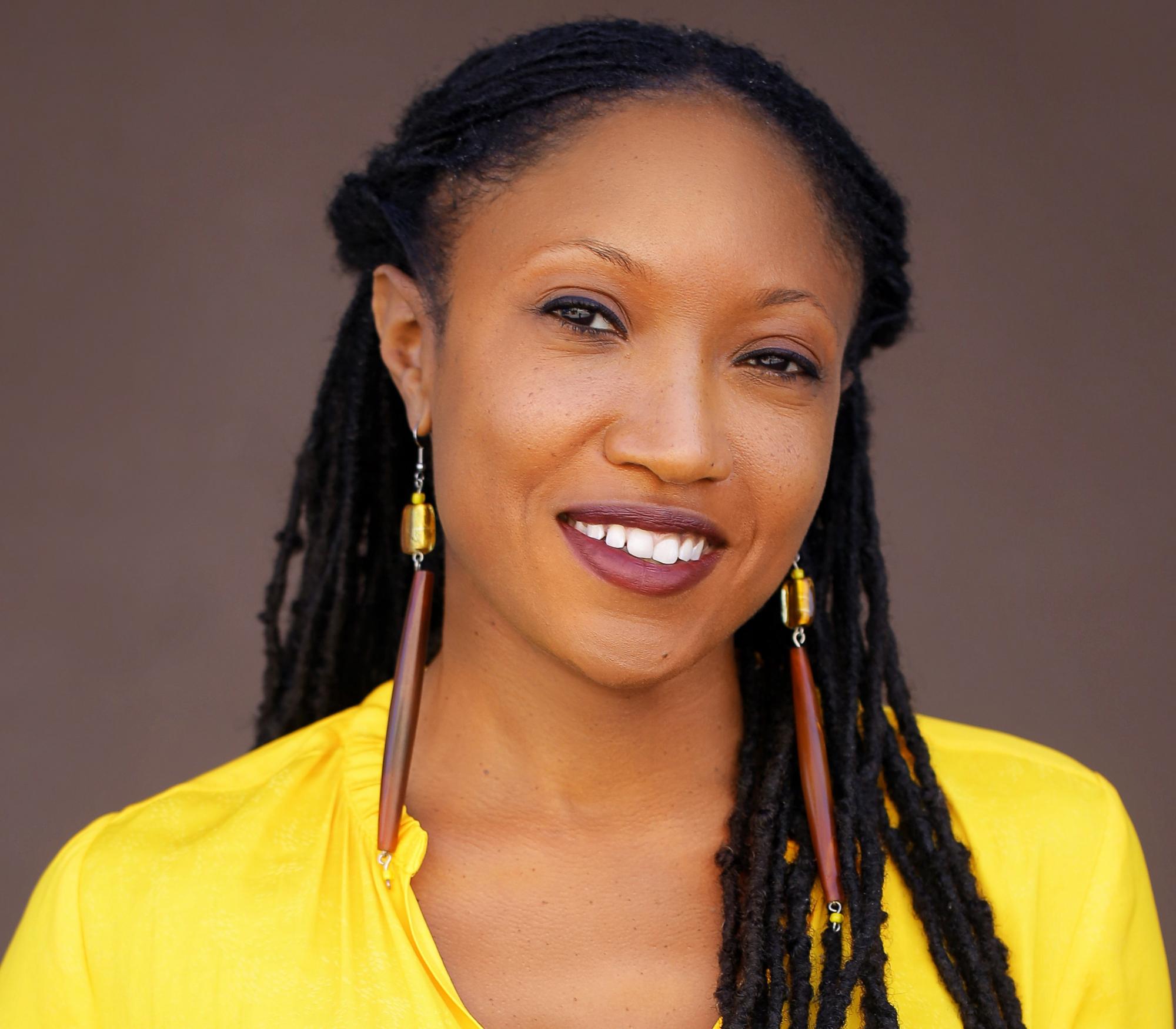Meet Teaching Artist Lyndsey Ellis


Lyndsey Ellis is a fiction writer and essayist with work that has appeared in Kweli Journal, Catapult, Electric Literature, Santa Monica Review, Joyland, Entropy, the Offing, Shondaland, and several anthologies. She has led several creative writing workshops with a focus on craft, publication, networking opportunities for writers, and cross-arts collaboration. Ellis was a recipient of the San Francisco Foundation’s Joseph Henry Jackson Literary Award and Barbara Deming Memorial Fund for her fiction. She is a VONA/Voices Alumna and Kimbilio Fellow who’s had writing residencies at Vermont Studio Center and Wellstone Center in the Redwoods. She is a prose editor for great weather for MEDIA and The Account: A Journal of Poetry, Prose & Thought, and she currently serves on the board of directors for Paul Artspace and Exceptional Women in Publishing (EWIP). Her first novel, Bone Broth, was published by Hidden Timber Books in 2021.
To see Lyndsey's current classes, visit her artist bio page.
***
When did you start teaching? What path—career or otherwise—brought you here?
I first started teaching community writing workshops to youth, ages 9–15, and then at a housing support nonprofit organization for low-income women around 2010. I've also taught creative writing workshops at a mental health advocacy group that I worked for in the past. Over the years, I've remained determined to share the ins and outs of creative writing to help keep others in tune with their imaginations and to show that writing can effect social change.
How would you describe your teaching style?
Welcoming, transparent, patient, and thorough.
When it comes to imagining and creating classes, where do your ideas come from? What in particular inspires you?
I think about the roadblocks that I've run into as a practicing creative writer and how I'd wished someone had been there to inform me of certain challenges that add to the successes. Helping others avoid the same pitfalls is what keeps me motivated.
What's the ideal environment for your classroom? What atmosphere are you hoping to establish?
I believe in having an open-door policy where students, while remaining respectful, feel comfortable asking any questions and voicing what's on their minds. I'm hoping people feel compelled to share their experiences without worrying if they'll be dismissed, shunned, or patronized. We're all learning—let's encourage each other!
Regardless of what your class is specifically focusing on, what's the main goal you have for your students?
I'm hoping the main takeaway is that when it comes to getting your work out into the world, about 50 percent is based on honing your creative skills, in terms of crafting stories/poems/essays; 25 percent is about networking and building community; and the other 25 percent is all about efficiency and preparation.
What are goals you have for yourself? These could be teaching goals, writing goals, career goals, community goals, etc.
As a creative writer, I want to continue writing meaningful stories and books that inspire readers and help them think of things in new ways. I also plan to teach more writing classes and continue developing my editorial skills.
What have been some of your own favorite educational experiences?
I really enjoyed my experience in the MFA writing program at California College of the Arts in San Francisco. While many people have been successful at writing without an MFA, I believe it was the right choice for me personally, in terms of building a literary community away from my hometown, which didn't have what I needed in this field at the time, and providing me with longtime mentors, many of who I still have a relationship with today. Also, I'm forever indebted to my Kimbilio fiction writing family who helped me further explore the gift of writing in community with others.
To you personally, what is the most important part of the literary arts?
Being able to tell a story that's not necessarily new but original in the way you write it. Making people see different angles and perspectives from a classic tale is what makes excellent writing.
Is there anything else you'd like to share?
I'm happy to be part of the Loft Literary Center. I've always heard great things about this organization, and I'm grateful to do my part in helping continue to make it a successful go-to for creatives.
